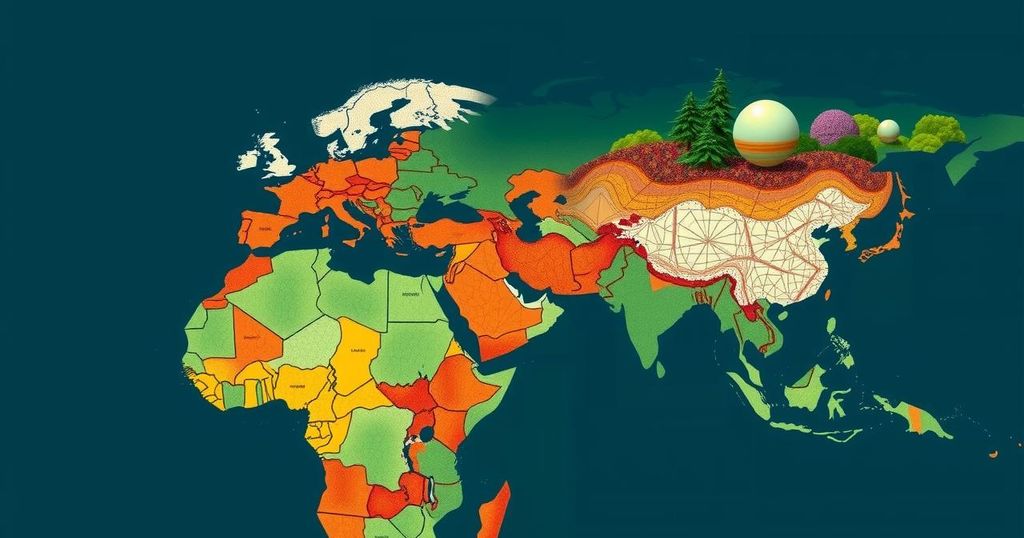Richer countries are beginning to pay poorer nations for climate change-related damages, with Cyclone Freddy’s destruction in Malawi illustrating the urgent need for loss and damage compensation. Initial pledges of around $720 million have been made, but experts warn this amount is inadequate as climate crises worsen. The COP29 summit focuses on funding allocation and responsibilities of wealthier nations, stressing the importance of continued assistance to vulnerable communities.
In the early hours of the morning, Cyclone Freddy devastated southern Malawi, flooding Christopher Bingala’s home and displacing his family. Receiving approximately $750 as a form of “loss and damage” compensation enabled Bingala to rebuild his house and improve his family’s living situation, highlighting the importance of financial assistance for climate change-related disasters. Wealthier nations have pledged around $720 million toward such compensation, yet experts caution that this amount is insufficient considering the escalating intensity of climate events. The COP29 climate summit in Azerbaijan serves as a platform for discussions on additional funding and responsibilities for developed countries, emphasizing the disparity between those who contribute to climate change and those who suffer its consequences.
Malawi’s experience represents a crucial pilot for a global loss and damage fund developed in recognition of the disproportionate impact of environmental changes on low-income countries. Given the absence of adequate safety nets or insurance options for subsistence farmers, financial support like that provided by the Scottish government becomes vital. The challenges faced by families in rebuilding emphasize the urgent need for enhanced funding mechanisms to address not only disaster recovery but also long-term adaptive measures. As climate-related disasters intensify, the global community may face mounting pressure to provide comprehensive support to vulnerable nations.
The phenomenon of “loss and damage” compensation arises from the increasing recognition that climate change imposes disproportionately severe consequences on low-income countries, which have historically contributed the least to global emissions. Events such as Cyclone Freddy serve as stark reminders of the catastrophic impacts of climate change. The international community, especially wealthier nations responsible for a significant portion of emissions, faces ethical and moral imperatives to assist impacted regions. This situation is exacerbated by the escalating frequency of extreme weather events and the prospect of rising climate-related costs, culminating in urgent discussions around sustainable funding.
In summary, the emerging system of loss and damage compensation seeks to address the financial burdens faced by developing countries grappling with climate-related disasters. While initial pledges by wealthier nations are a step towards accountability, they fall short of the projected financial demands in the years ahead. Continuous negotiations and action at forums such as COP29 will be pivotal in establishing a robust support framework, ensuring that those most affected by climate change can recover and adapt. Without significant intervention, the humanitarian crises generated by escalating climate events will challenge both localities and the global community.
Original Source: www.knba.org






